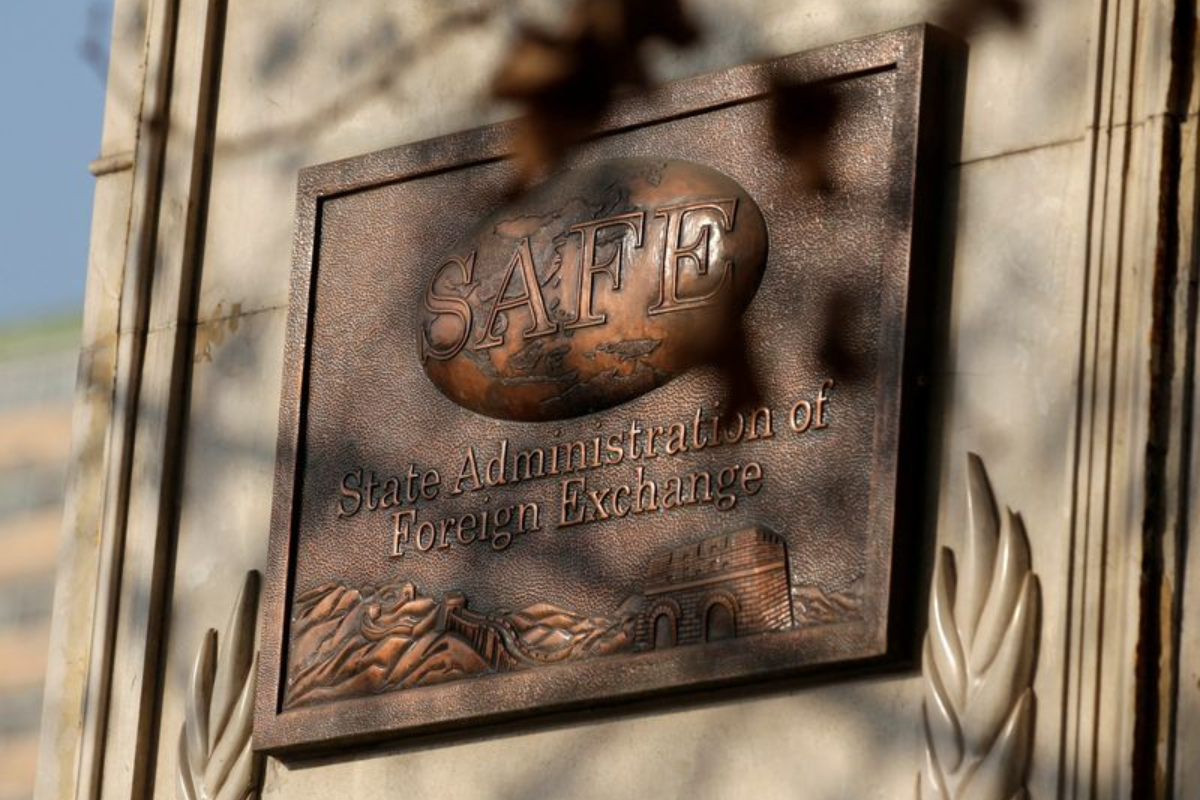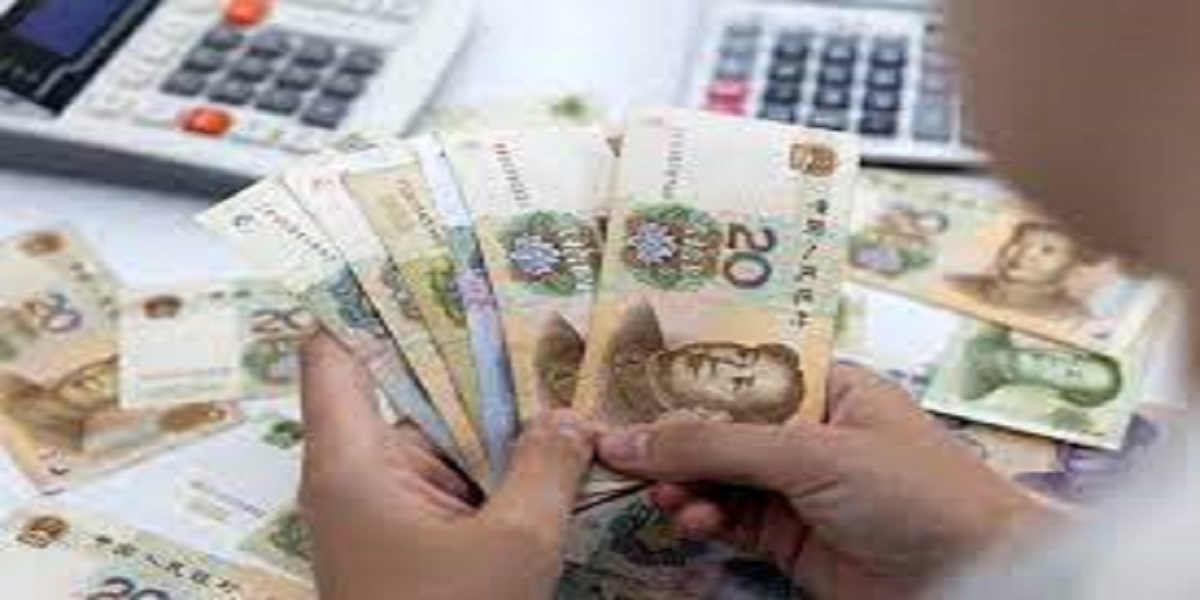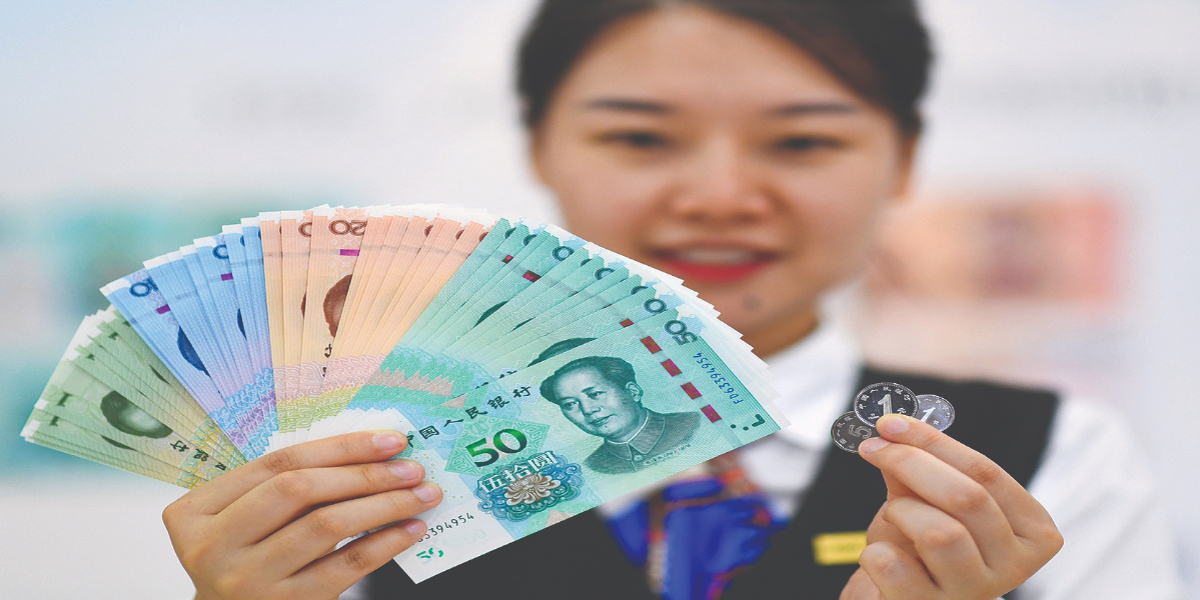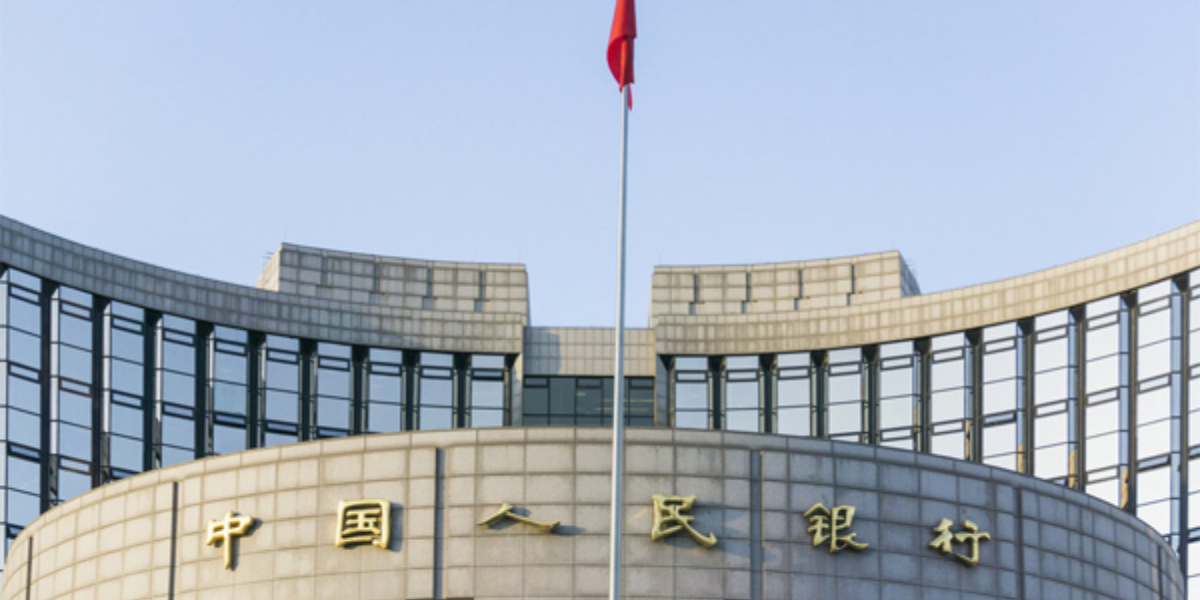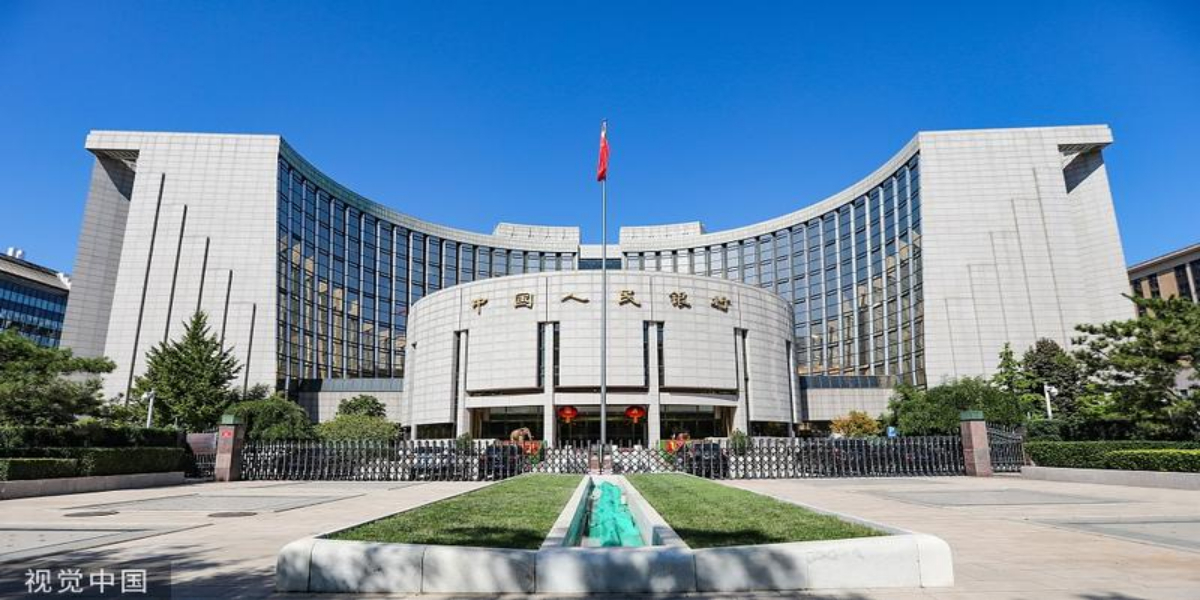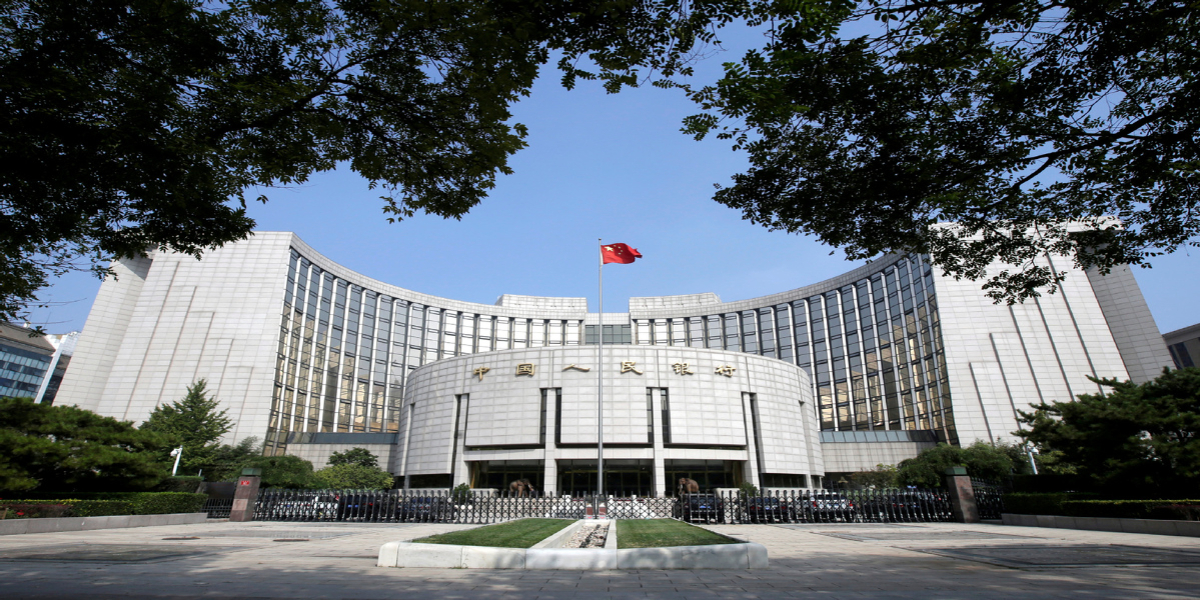The Minhang District Court of Shanghai confirmed Bitcoin to be a virtual asset under Chinese law. This isn’t the first time that the court has ruled that cryptocurrency assets should be protected in regard to Chinese regulations on property ownership.
As per the court, cryptocurrency meets the virtual property condition since it is precious, scarce, transferable, and disposable.
This time, the court case involved a litigant who purchased Bitcoin mining machines from the defendant through the Internet. But with the People’s Bank of China (PBOC) cracking down on cryptocurrency mining, the litigant believed the transaction was illegal. The litigant then asked for a refund claiming that the contract was invalid.
Now, the court case involved a litigant who bought bitcoin mining machines from the defendant via the Internet. But the People’s Bank of China (PBOC) cracked down on corrupt crypto mining, claiming the transaction was illegal. The litigant then demanded a refund, claiming that the agreement was invalid.
But the court said the bitcoin had virtual commodity features, so the sale and purchase agreement was valid, and the court prohibited the litigant’s claim.
[embedpost slug=”wwe-will-release-john-cena-platinum-non-fungible-token”]

